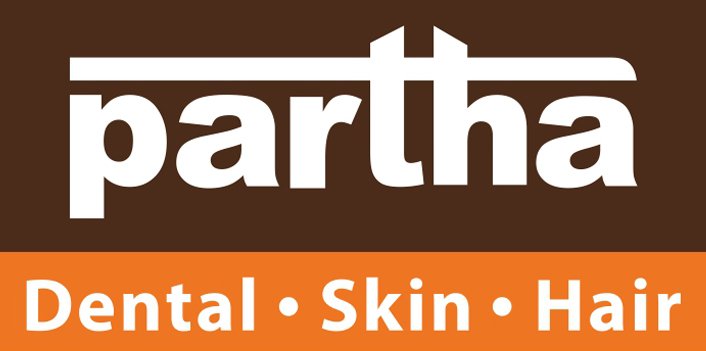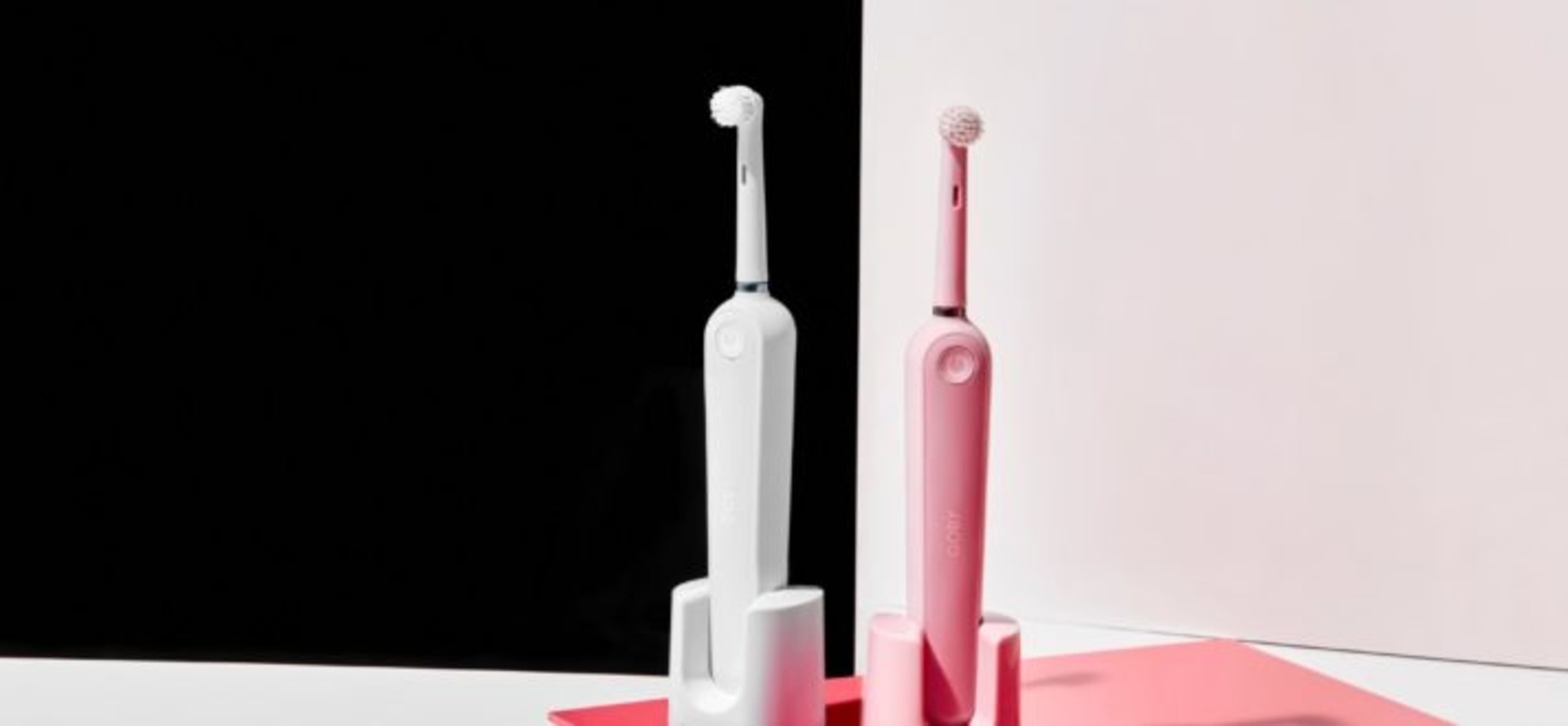Brushing your teeth is the foundation of good oral care and prevention. Both electric and manual toothbrushes are effective at removing oral plaque the cause of decay and disease, but should you use an electric or manual toothbrush?
Suddenly the Indian market is flooded with Electric toothbrushes that claim everything from plaque removal to a great smile! These toothbrushes are often recommended for improved dental hygiene. Brushing with an electric toothbrush is a quick and easy way to help keep your teeth and gums clean and healthy. But they’re more expensive than a regular toothbrush, and the replacement brush heads can be pricey, too.
Electric and manual toothbrushes each have their own benefits, so does using an electric toothbrush have any advantages over a manual brush?
The Benefits of using an Electric toothbrush:
- More effective at removing plaque deposits :
A review of studies showed that, in general, electric toothbrushes do remove more plaque and decrease gingivitis (gum disease) than manual toothbrushes over time compared with a regular manual toothbrush. If you use a small-headed electric toothbrush, such as an Oral-B, the round, oscillating head, can make reaching these awkward areas easier, particularly areas at the back of your mouth. Electric toothbrushes where the bristles vibrate allows for more micro-movements every time you move your toothbrush across your teeth.
- Easier for kids and very old people
An electric toothbrush does most of the work. It may be helpful for children who should be supervised when tooth-brushing until at least the age of 9), as well as anyone with limited mobility, such as people with:
- Parkinson’s
- Carpal Tunnel
- Arthritis
- Stroke sufferers
- Developmental disabilities
- These toothbrushes allow the user to let the toothbrush do the work for them, so long as they are moved around the mouth!
- Brushing for at least 2 minutes with built-in timers
Well, most electric toothbrushes come with a built-in timer, which makes the user aware of how long they’ve been brushing their teeth, unlike manual brushes. This can be particularly useful where children are concerned, however, using an egg timer or playing a 2-minute-long song while brushing, is always an alternative option, but it isn’t always convenient – especially with a tired and ratty child…or parent!
- May cause less waste
When it’s time for a new toothbrush, you only have to replace an electric toothbrush head in many cases, so it may be less wasteful than throwing away a full manual toothbrush. - Better cleaning for people with traditional braces!
Electric toothbrushes are particularly helpful for people with orthodontic appliances, such as braces, because they make brushing easier.
Among people with appliances who already had good oral health, plaque levels were about the same, whether they used an electric toothbrush or not. But if you find it difficult to clean your mouth while having braces, the electric toothbrush may improve your oral health. - Fun for kids
Not all kids are interested in brushing their teeth. If an electric toothbrush is more engaging to your child, it can help accomplish good oral cleaning and set healthy habits. - Gentle on gums
Used properly, an electric toothbrush should not hurt your gums or enamel but instead promote overall oral health. Many people are guilty of brushing too hard, which can, over time, cause irreversible damage to tooth enamel and can cause receding gums, which is also irreversible. Some electric toothbrushes have a sensor, which then emits a colored light when too much pressure is being applied, notifying the user to brush more gently.
If it comes down to cost, manual toothbrushes are obviously cheaper than electric brushes.
When used appropriately, both manual, powered and sonic brushes can be effective for dental plaque removal.
One advantage of powered brushes in general is their ability to remove a greater amount of plaque in a given period of time and to aid interdental cleaning with less effort.
To know more about them, consult our dentists at Partha Dental!




